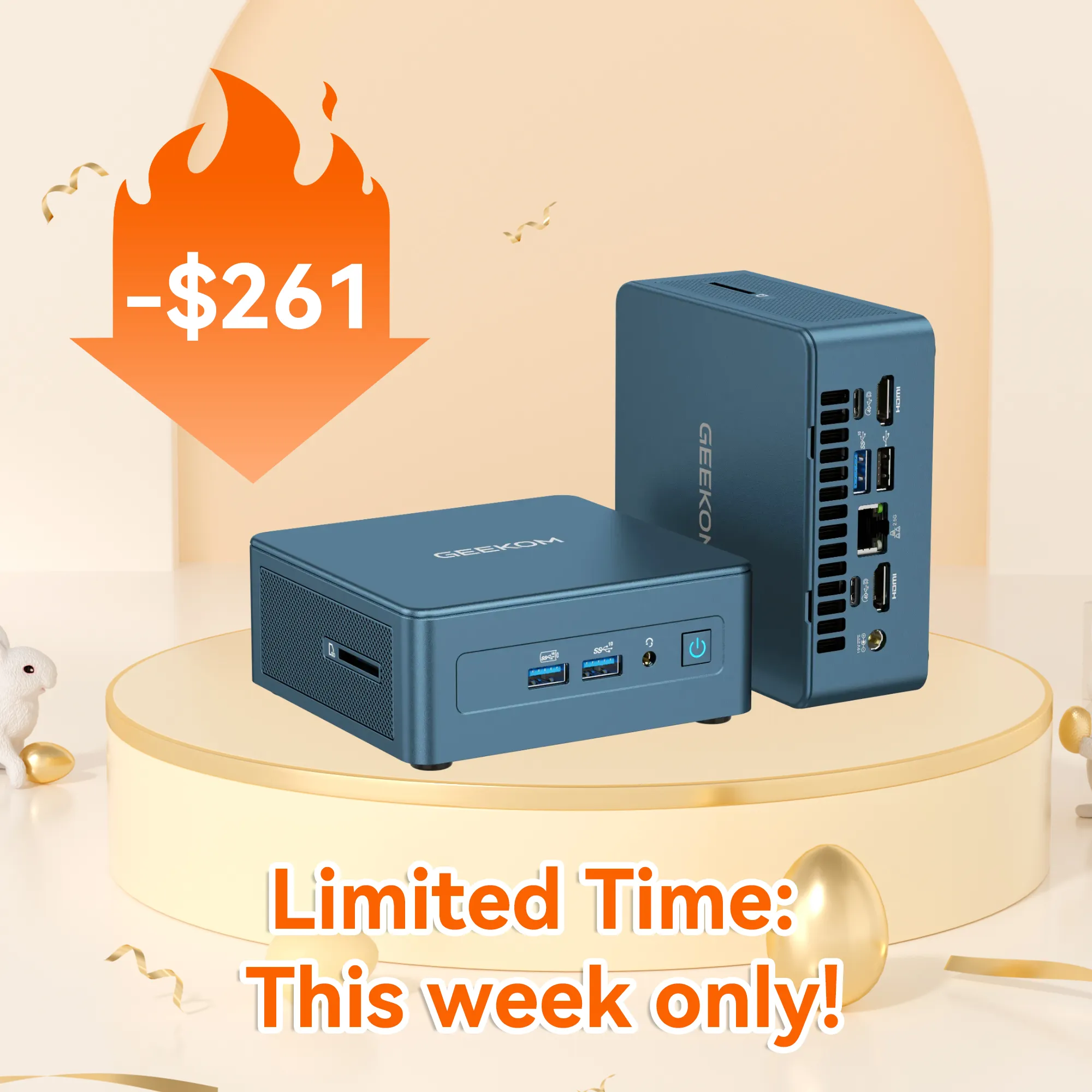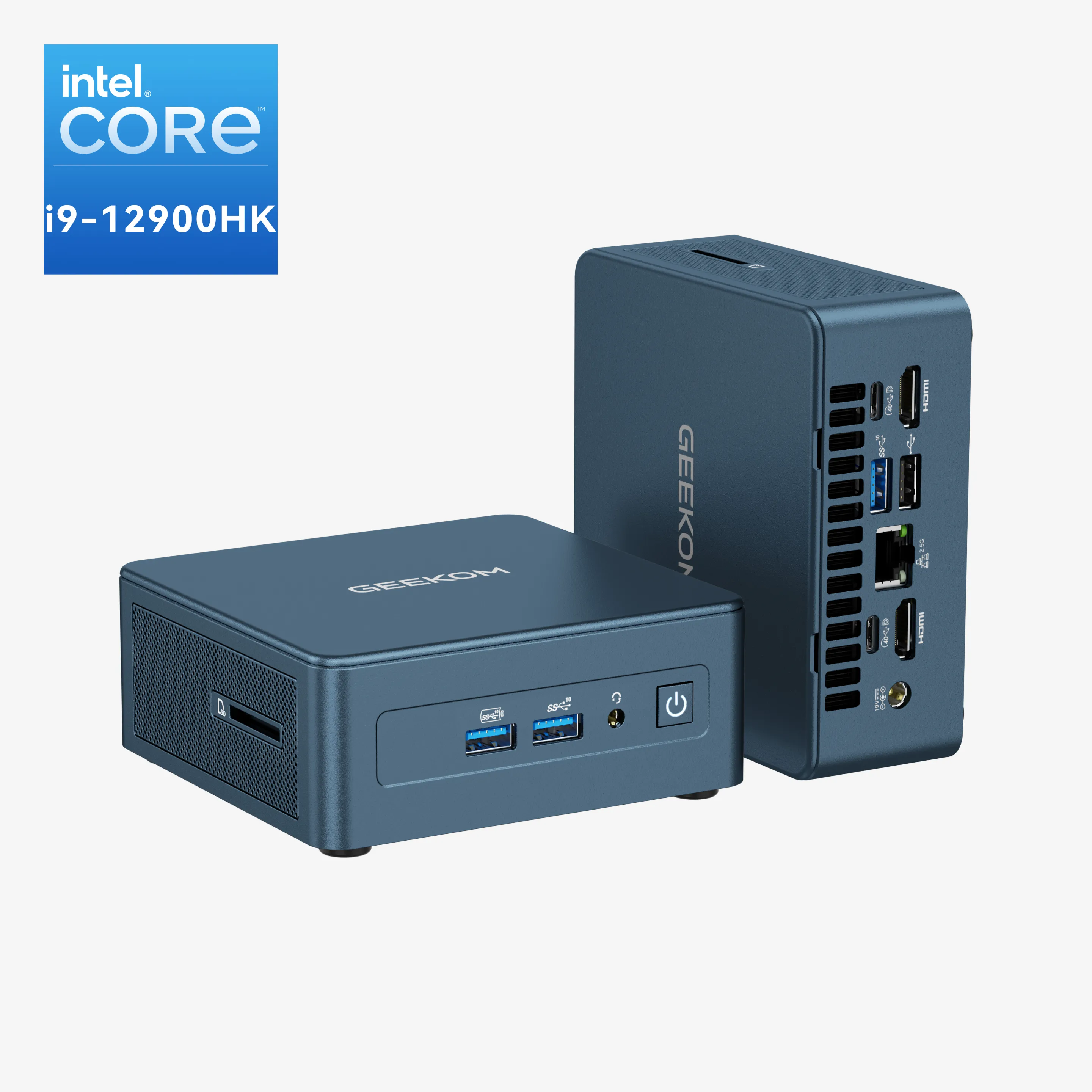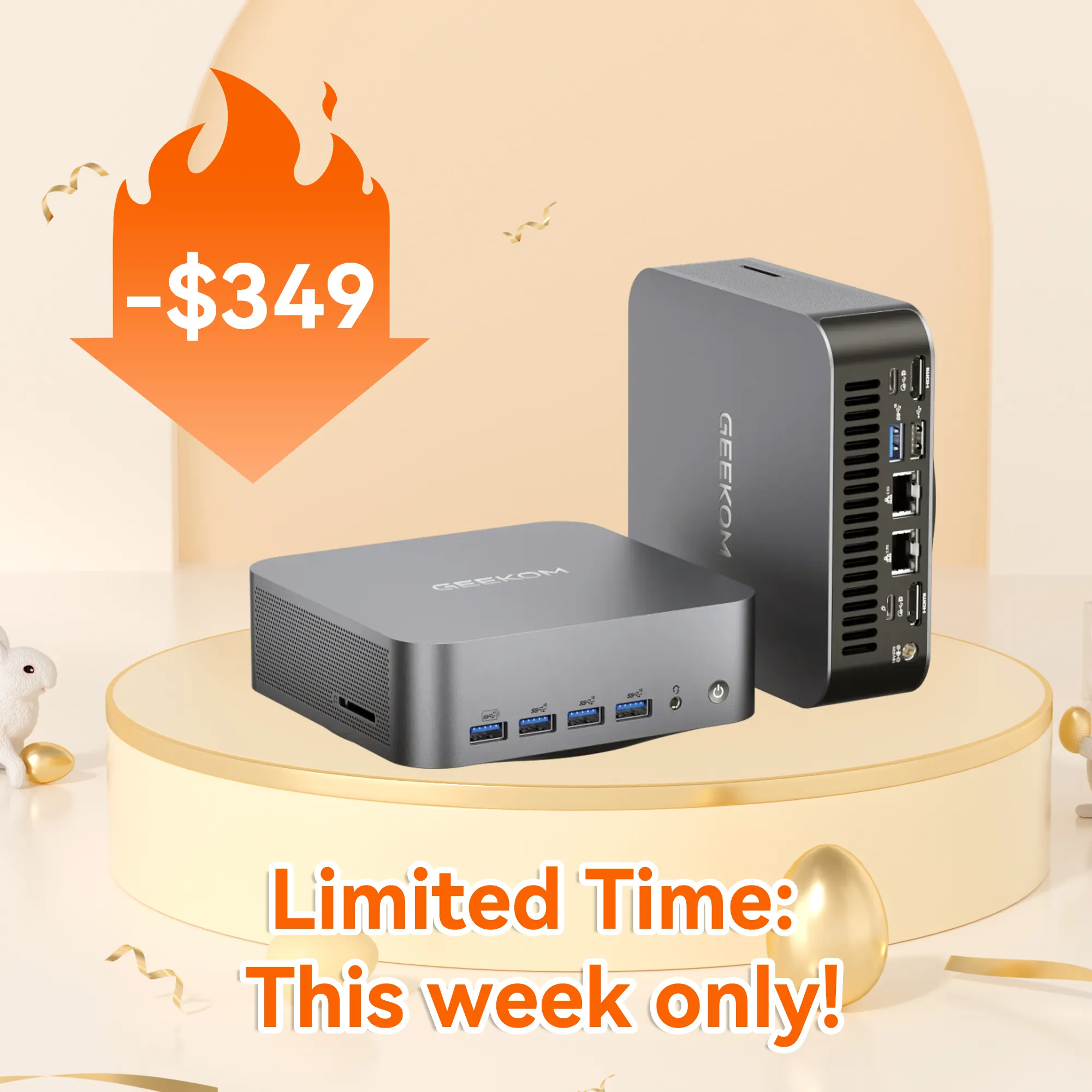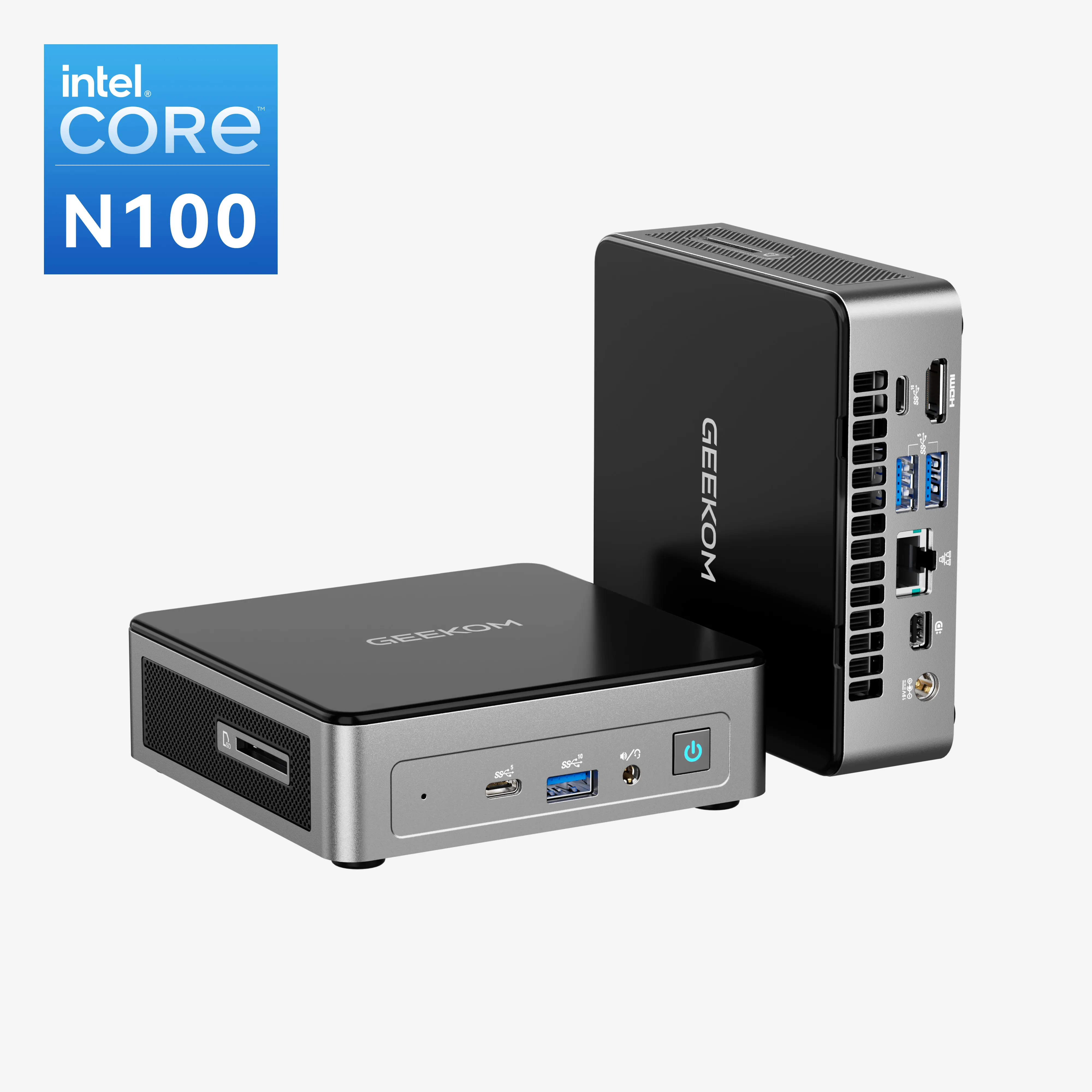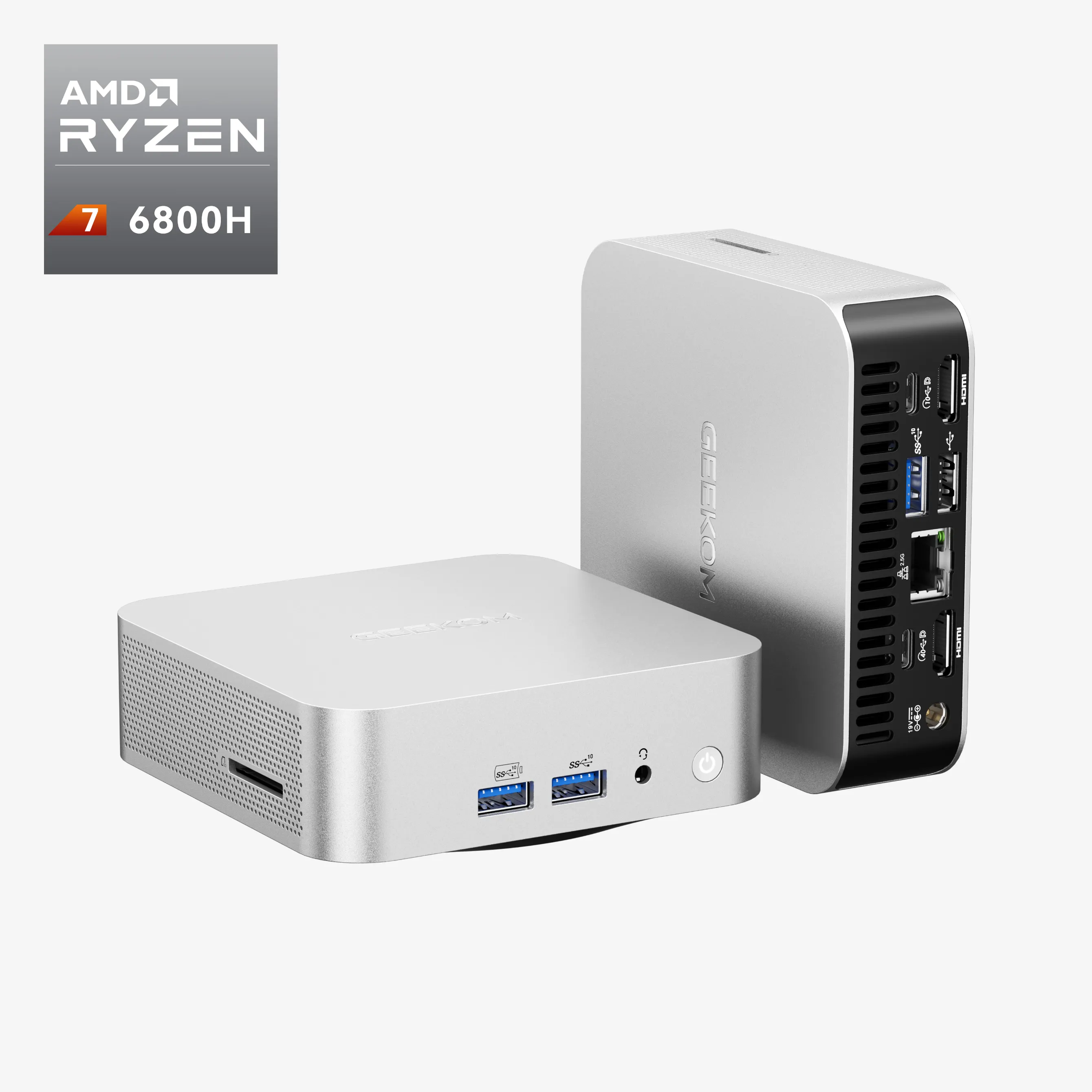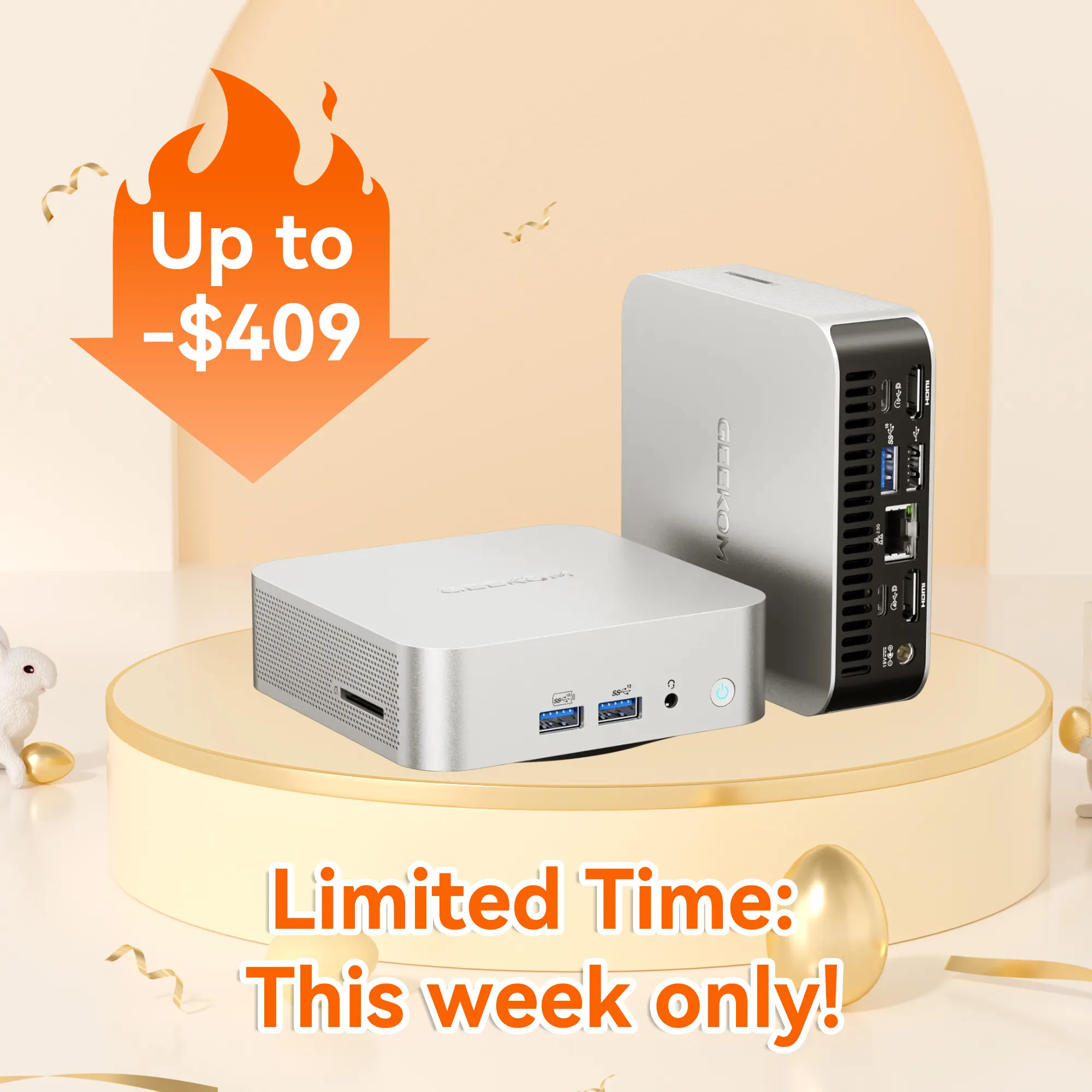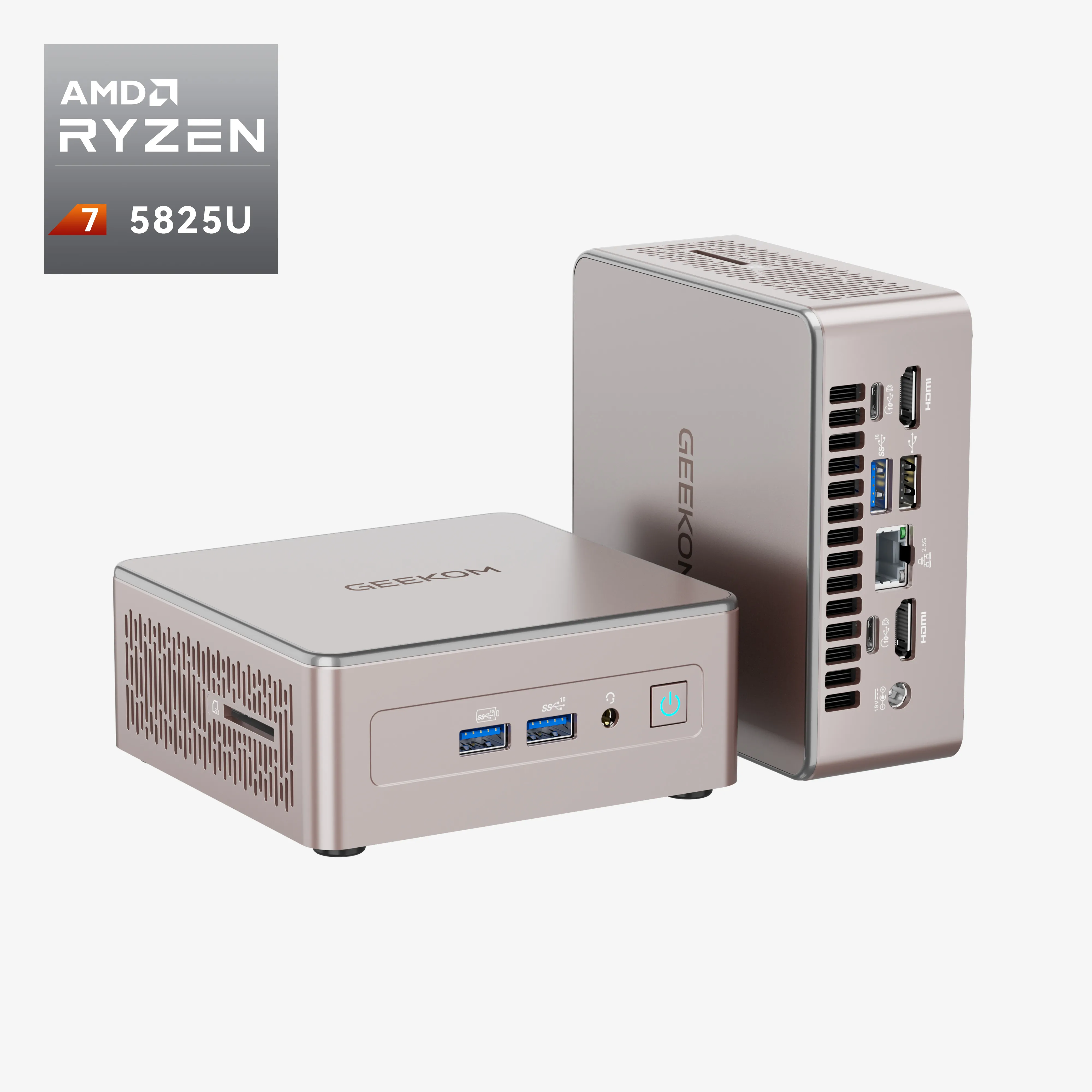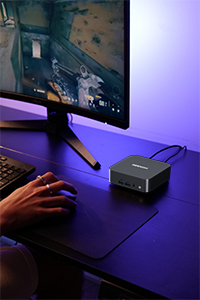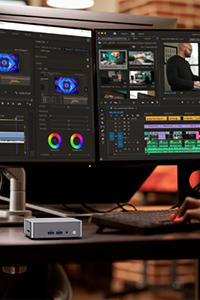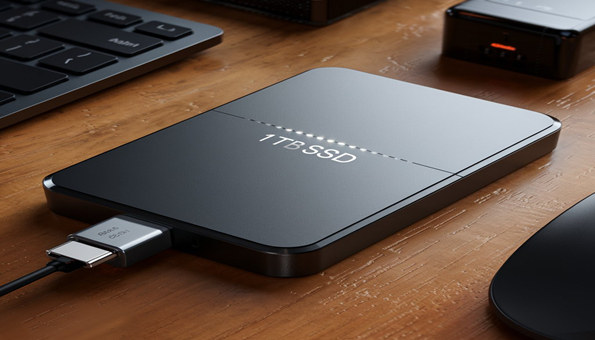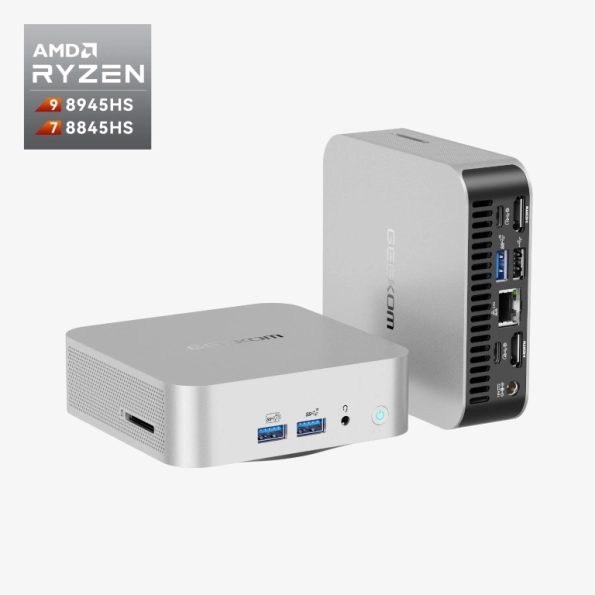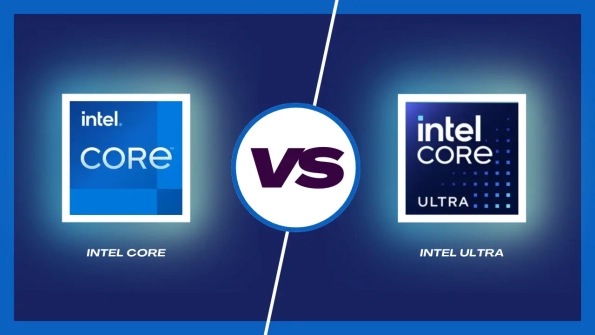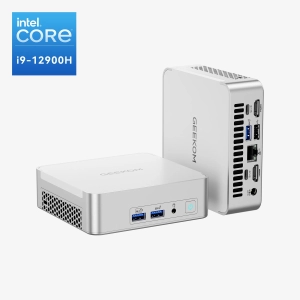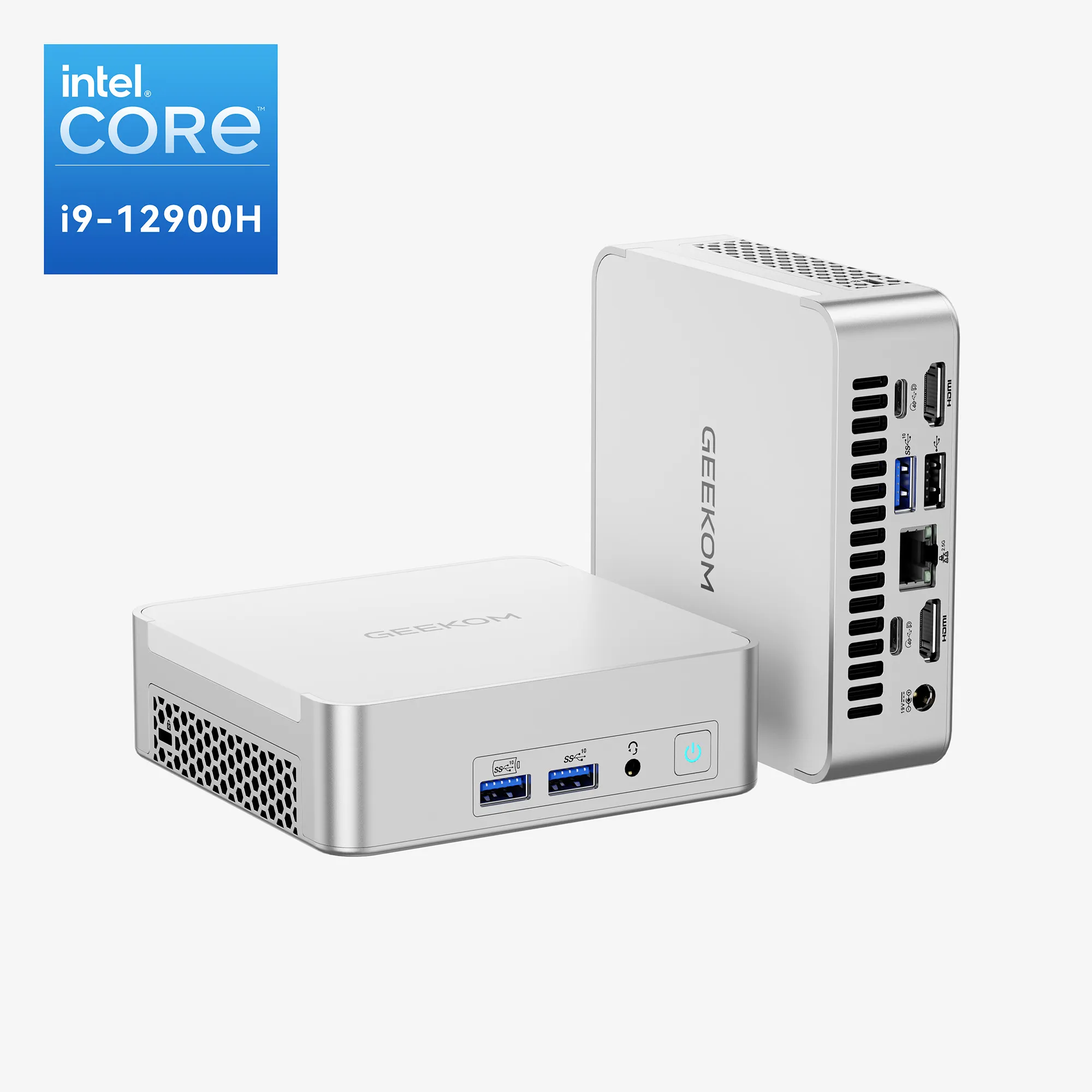The emergence of solid-state drives in the world of data storage has taken the world by storm because of their speed, reliability, and compact layout, with ever-increasing popularity from consumers across the globe. In different storage size options available, the 1TB SSD shines as a better choice since the combining of much storage with utmost performance looks appealing.
This detailed guide looks at the importance of 1TB SSDs, covering all aspects that surround their significance, advantages, and considerations that the buyers must reflect on. Whether you’re a technology lover, a gamer, or a working professional looking for an effective means of storage, the nuances regarding 1TB SSDs should be known before making the purchase.
Introduction
Brief Overview Of SSDs (Solid-State Drives) And Their Growing Popularity.
Their faster nature, durability, and efficiency have made Solid-State Drives (SSDs) the venerable replacement of traditional hard disk drives (HDDs) and changed the storage scene.
Solid-state drives (SSDs) store and retrieve data differently from traditional Hard Disk Drives (HDDs). While HDDs utilize spinning disks to access information, SSDs use flash memory for storage. The variation, therefore, causes the SSDs to provide immensely faster data access speeds and, better performance than HDDs.
The transformation to the SSD is slowly gaining momentum basically in response to the need for equipment with faster speeds, lower power consumption, and higher reliability-from laptops, desktops, and servers to data centres.
As technological advances keep enriching themselves, the alluring appeal of SSDs makes them the choice.
Types Of SSDs (SATA, NVMe, M.2)
There are many kinds of SSDs with different performance ratings and compatibilities.
- SATA SSDs: SATA SSDs (Serial Advanced Technology Attachment Solid State Drives) are by far the most widely represented type of SSD in most laptop and desktop computers today. They offer compelling performance improvement over traditional magnetic HDDs; thus, they are very much an integral part of today’s storage architecture.
- NVMe SSDs: NVMe SSDs (Non-Volatile Memory Express) are the very latest and perhaps the fastest breed of SSDs available today in the market. They are mind-blowingly fast. This additional speed is afforded them through the NVMe protocol, which vastly improves the speeds when you compare them to SSDs based on the SATA protocol. They are mostly implemented in high-demand areas primarily because of the need for speed, particularly gaming rigs and workstations.
- M.2 SSDs: M.2 SSDs refer to a form rather than a specific kind of SSD. There are M.2 SSDs with SATA and NVMe interfaces. M.2 SSDs are more compact than the conventional 2.5-inch SSDs and connect directly to the motherboard via the M.2 slot characterized by the smaller size of the modules, thus occupying less space in the host systems. That’s why all Geekom mini PCs use M.2 SSDs for the compact design.
Grasping the differences among these forms of SSD would allow you to choose the one that appeases your specific requirements and fulfils your system needs.
Read more about 1TB SSD update : M.2 SSDs: From Basics to 1TB and Beyond.
What Is 1TB SSD, What Does 1TB SSD Mean, What Does 1 TB Pcie Ssd Mean?
A 1TB SSD-1 terabyte Solid-State drive is a larger alternative for storage, being defined as one that can contain 1000 gigabytes of data. This remarkable size allows users to save multiple files from simple system software and multimedia-. A capacity of 1TB thereby contains huge applications, games, video, and other heavy data files.
On the other hand, a 1TB PCIe SSD is defined as a solid-state drive with a 1TB capacity to connect to the PC using PCIe or Peripheral Component Interconnect Express technology. Since PCIe SSD provides greater data transfer speed in comparison to SATA SSDs, it’s most applicable for tasks requiring speed and responsiveness.
Why 1TB SSDs Are A Popular Choice For Consumers Today?
1TB SSDs are the current most favoured form of storage among consumers for a variety of reasons. First and foremost, the storage limit of 1TB is ostensibly aplenty to store the operating system, other applications, multimedia, and personal documents in one lightning-fast device, dispensing with the need for multiple storage devices and simply handling any data needed.
There’s little doubt that the performance benefits solid-state drives have over traditional hard disk drives must have confirmed their affinity so much. Instant data access speeds, lesser boot-up time, and improved system responsiveness represent some of the most acknowledged performance discriminators, which are features enjoyed in common by all 1TB SSDs. Such performance stands to gain in situations where quick access simply cannot be over-emphasized, such as gaming, content creation, and running multiple programs.
Also, it is an appealing consideration that these devices are quite durable and reliable, having no moving parts and are, hence, relatively resistant to mechanical failure or damage due to minor physical shocks. Therefore, these devices have a much-improved chance of surviving, thereby allowing the user to rest easy that the data within is safe and sound through time.
The decreasing prices of SSDs, especially consumer-ready 1TB models, are providing a level of access previously not available. It is these economies of scale that have forced SSD vendors into price competition, thus rebuilding the value proposition for 1TB SSDs as the choice storage devices offering an attractive combination of considerable storage capacity, performance, and pricing.
With their high storage capacity, performance, durability, and affordability combined into the mix, this all makes the 1TB SSD a very compelling choice and an excellent storage option for consumers seeking efficient and reliable storage solutions for their computing needs today.
Recommendations of Mini PC with 1TB SSD
★★★★★ ( 4.9 Based on 25 reviews)
- AI Ready: Powerful Mini PC with AI Smarts
- AMD Ryzen™ 9 8945HS or Ryzen™ 7 8845HS
- AMD Radeon™ 780M graphics
- Dual-channel DDR5 5600MT/s, up to 64 GB
- M.2 2280 PCIe Gen 4 x 4 SSD, up to 2TB
- Wi-Fi 6E and Bluetooth® 5.2
- Support Quad Display
Why should we choose a 1 TB SSD?
What Is 1 TB SSD Storage?
A 1TB SSD means that this includes one terabyte (1,000 gigabytes) of storage capacity provided by an SSD.
Such ample storage space leaves users able to store any data imaginable, from operating systems and applications to multimedia files and documents, all on one drive.
From the aspect of storage management, it can assist this capacity in giving enough space for its users to manage all these types of digital content without the need for extra external storage devices.
Comparison To Traditional HDDs (SSD Drive 1tb Internal VS USB External Ssd Portable Hard Drive 1TB)
1TB internal solid-state drives are on course in striking contrasts with traditional hard disk drives. The internal 1TB SSDs are much faster in their reading of data, have greater responsiveness from the system, and are more durable than the HDDs because the latter use spinning disks to read their data. Fast and efficient SSDs have hence become the darling of users looking for top performance and reliability in their computer machines.
In comparing an external 1TB SSD portable hard drive with traditional Hard Disk Drives (HDDs), the contrast is quite considerable. External SSDs surpass HDDs regarding speed, resilience and energy consumption. The employment of Solid-State Drive (SSD) technology in external drives leads to faster data reading and writing rates and better general usability.
More details can be found here: SSD vs HDD: Which Is the Right Storage for You?
Benefits Of 1TB SSDs
The 1TB solid-state drives (SSD) have many advantages that highlight them as the best choice in the quest for storage solutions with optimal performance.
The faster speeds of the 1TB SSDs are one of the most prominent benefits associated with the drives. SSDs are considerably faster than their predecessor HDDs in terms of access and data management. This speeds up system boots, file transfers, and responsiveness in general.
Another reason is reliability: due to their lack of moving parts, it has generally been accepted that SSDs are considerably more reliable than HDDs. This makes SSDs much less vulnerable to mechanical failure or physical shocks, increases long-range data integrity, and makes them a safe place for users to deposit their critical data.
Another advantage that solid-state drives is their higher resilience and ability to sustain shocks. Their solid construction makes them less fragile to wit: the riding impacts, vibrations, and temperature variations usually experienced in portable devices. They also require less energy than HDDs: energy consumption translates to increased battery life.
What’s more, the SSD does not make any noise during operation and does not have any spinning disk mechanism, providing users with a comfortable computing experience. Thanks to its lightweight and compact design, it fits in a wide range of devices, even in tight spaces. 1TB SSD’s extremely fast read/write speeds will boost its performance when gaming, multimedia editing and multitasking, making this storage solution a versatile and effective choice for a wide range of users.
Key Features to Consider Before Buying
Before the procurement of a 1TB Solid-State Drive (SSD), basic features need to be weighed out to meet the needs of specific groups of users. These considerations implicate the importance of a 1TB SSD for certain users:
Extensive data storage is important for users with storage needs, which may be mostly professionals working with huge data sets, content creators working with high-resolution files, and gamers with large libraries of games and apps. A huge 1TB of stored data is enough to meet the needs of all these users, allowing them to store and access their data with ease.
Speed Performance is critical for users who require fast data transfer and responsive systems. Content creators working with large media files, gamers loading resource-intensive games, and professionals performing data-intensive tasks will benefit greatly from the fast read and write speeds of a 1TB SSD, as they can access files and applications in seconds.
Durability and Lifespan are critical for power users who constantly write and read large amounts of data. Professionals dealing with extensive datasets and content makers handling high-resolution media files share the use of the toughness and reliability of a 1TB SSD in ensuring that their information is kept safe for the long term.
Form Factor Compatibility is critical for users looking for a high-capacity storage solution that can manufacture products that will effortlessly fit inside their systems. The thumb-size 1TB-SDD is apt for usage by users who devolve in space constraints, thus encouraging easy installation for touching the optimization of storage efficiently.
Conclusion
The study of 1TB SSDs only ended up lending serious credence to these storage systems as a great improvement in speed, reliability, and efficiency over traditional form factors such as HDDs.
The 1TB SSDs are a proper option for professionals working with vast data sets, content creators wrangling high-res media files, or casual gamers whose game library continues to expand. And the role in your data management and overall system responsiveness across pretty much everything can’t be overstated.
FAQ
Why Does My 1TB SSD Show Less?
The disparity in storage capacity comes from the fact that manufacturers and operating systems use the storage capacity in different ways. The manufacturer uses the metric system (1TB = 1,000GB), and the operating system uses the binary calculation base-2 (1TG = 1,024GB).
Why Is My 1TB SSD Only 930GB?
The discrepancies in the displayed capacity can be attributed to the variations between Base 10 (the way the manufacturer measures) and Base 2 (the way that an OS measures). This varied way of computing results in the actual available space being slightly less than the advertised capacity.
Which Is Better, 1TB Or 512GB SSD?
The choice between a 1-terabyte or a 512-gigabyte solid-state drive depends on your needs regarding storage. A 1TB solid-state drive has double the storage space over a 512-gigabyte one, which allows you to store more data, games, and applications. However, suppose your need for storage is not that much, and there is no intention to spend much. In that case, a 512GB solid-state drive is preferable because it is much cheaper.
How Long Will A 1TB SSD Last?
Various factors affect the lifespan of a 1TB SSD. These include usage, write cycles, the quality of the SSD, and the environment in which it operates. Worst-case typical-use modern SSD lifespan is several years. Many SSDs are rated for endurance, which tells how much data you can write to the drive over its lifetime. Usually, a good quality 1TB SSD should easily last 5-10 years or more for ordinary use, depending on usage patterns and other factors.
How Many Games Can A 1TB SSD Hold?
This will depend on how much memory the game needs. What we know is that the average modern AAA game runs 20GB to 50GB; indie games are typically quite smaller. With 1TB, one can fit many games on their SSD, anything from dozens to over a hundred games. It all depends on their sizes as well as any other data stored on the SSD.



